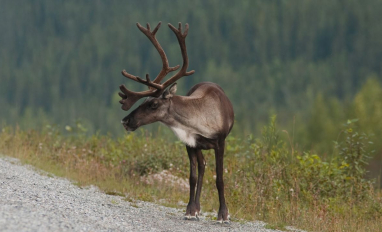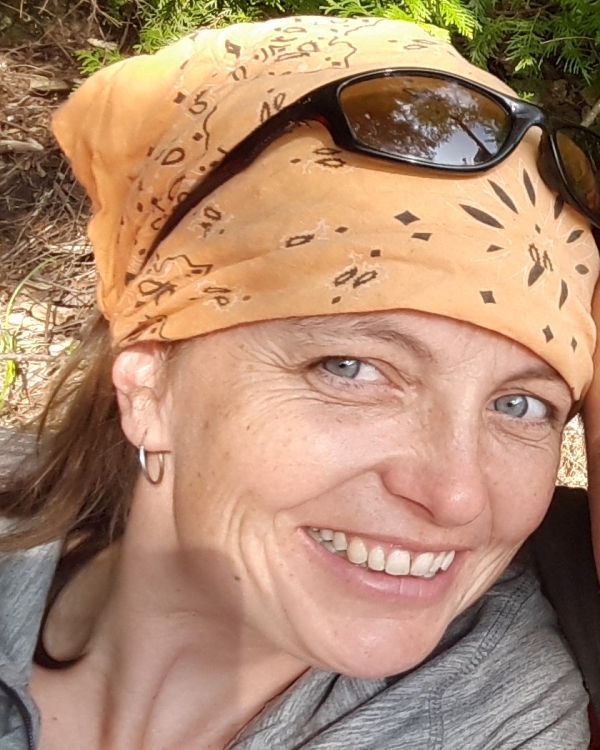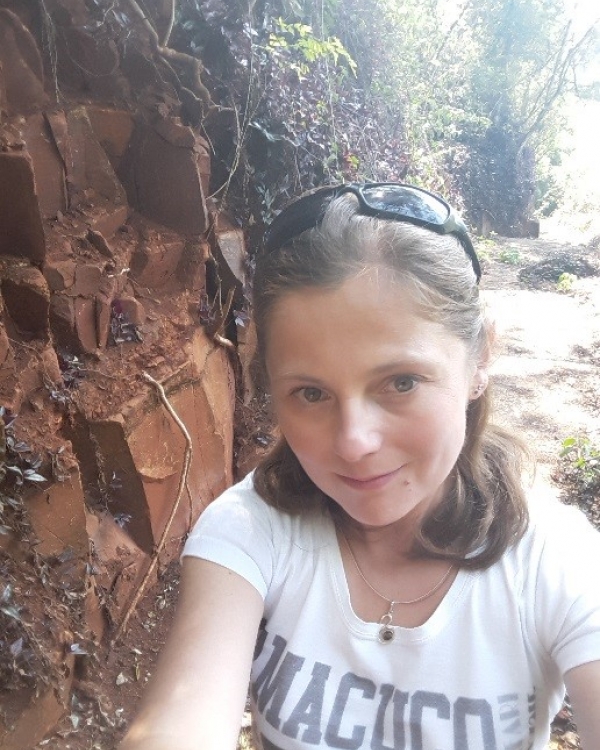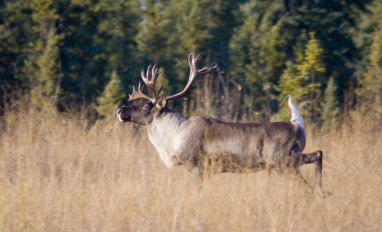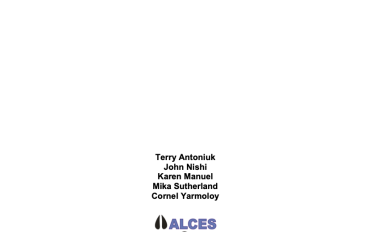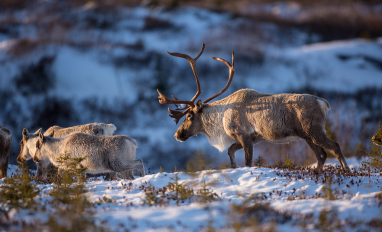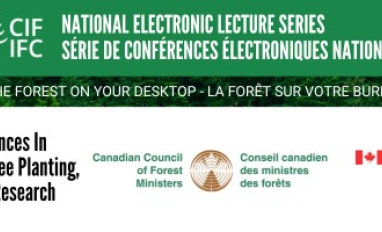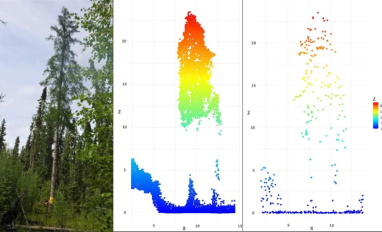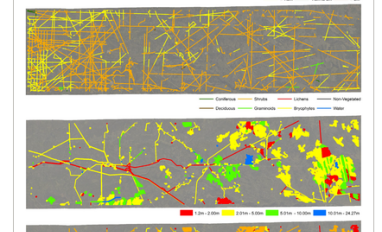Boreal Caribou Search Results
Boreal Caribou Search Results
Displaying:
181 - 200 of 2688
To narrow down your search results use the filters at left to find Contacts, active Projects, specific resource Formats, News & Events or, for example view only resources from a specific Organization, or about specific Disturbance Types.
Animal-Defined Resources Reveal Nutritional Inadequacies for Woodland Caribou During Summer–Autumn
Resource
We quantified rates of intake of digestible protein and digestible energy by tame caribou foraging in temporary enclosures in the predominant plant communities of northeastern British Columbia, Canada, during summer–autumn and compared intake rates to daily requirements for protein and energy during lactation. Our results,coupled with recent measurements of body fat of wild caribou innortheastern British Columbia, refute the hypothesis that thenutritional environment available to caribou during summer innortheastern British Columbia is adequate to fully support nutri-tional demands of lactating caribou, which has implications toproductivity of caribou populations, recovery, and conservation.
Anna Calvert
Contact
Organization
Position Title
Research Scientist, Landscape Science & Technology Division, Science & Technology Branch
Anne Innis Dagg Lecture: A Personal Perspective on the Promises and Perils of the Single-Species Approach for Addressing Biodiversity Loss
Event
Event Date and Time
March 7th, 2024 at 6:30pm EST to March 7th, 2024 at 9:00pm EST
Waterloo, ON
Organization
Attendance in person or via Zoom Celebrating the remarkable career of Anne Innis Dagg, who performed ground-breaking work on giraffe biology, behaviour and conservation despite the systemic barriers...
Announcing the NEW "Caribou Ecology and Recovery Webinar Series"!
News
Organization
We are excited to announce the kick-off of the Caribou Ecology and Recovery Webinar Series. Join us to explore the latest research supporting caribou ecology and recovery in Canada—from the mechanisms...
Appendix 3 ALCES III® Scenario Modeling Report - Athabasca Landscape Area
Resource
In order to evaluate management options that may recover and sustain boreal caribou in the Athabasca Landscape area, the ALT developed scenarios and used simulation modeling to compare and evaluate...
Applications to the BC First Nations Caribou Recovery Implementation Fund are now open!
News
Organization
Applications are now open for the First Nations Caribou Recovery Implementation Fund (FNCRIF). The FNCRIF was developed to reduce barriers for, and support participation by First Nations communities...
Applied Research Supporting 2 Billion Trees Imaging Delayed Luminescence and Ultraweak Photon Emission from Plants: a Novel Approach for Nighttime Drone Forest Monitoring
Event
Event Date and Time
March 25th, 2025 at 11:00am MST to March 25th, 2025 at 12:00pm MST
Contact
CIF-IFC National E-Lecture Series Join us for an E-Lecture as part of the Series “Applied Research Supporting 2 Billion Trees” Who: Vahid Salari, Ph.D., Adjunct Assistant Professor, University of...
Applying Remote Sensing for Large-landscape Problems: Inventorying and Tracking Habitat Recovery for a Broadly Distributed Species At Risk
Resource
Abstract Anthropogenic habitat alteration is leading to the reduction of global biodiversity. Consequently, there is an imminent need to understand the state and trend of habitat alteration across...
Applying Remote Sensing for Large-landscape Problems: Inventorying and Tracking Habitat Recovery for a Broadly Distributed Species At Risk
Resource
Anthropogenic habitat alteration is leading to the reduction of global biodiversity. Consequently, there is an imminent need to understand the state and trend of habitat alteration across broad areas...
Applying Remote Sensing for Large-landscape Problems: Inventorying and Tracking Habitat Recovery for a Broadly Distributed Species At Risk
Resource
Anthropogenic habitat alteration is leading to the reduction of global biodiversity. Consequently, there is an imminent need to understand the state and trend of habitat alteration across broad areas...


